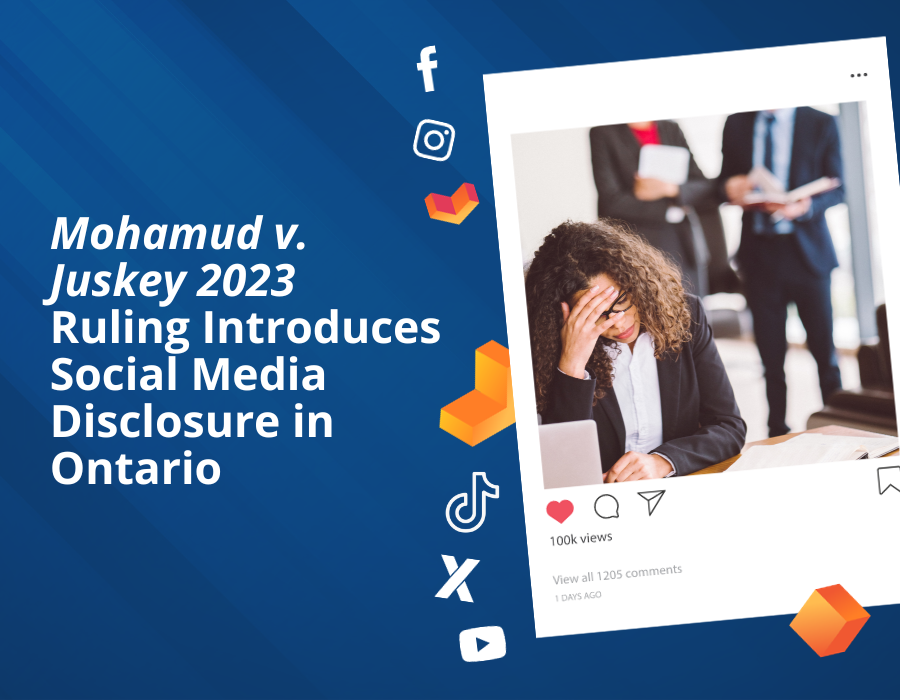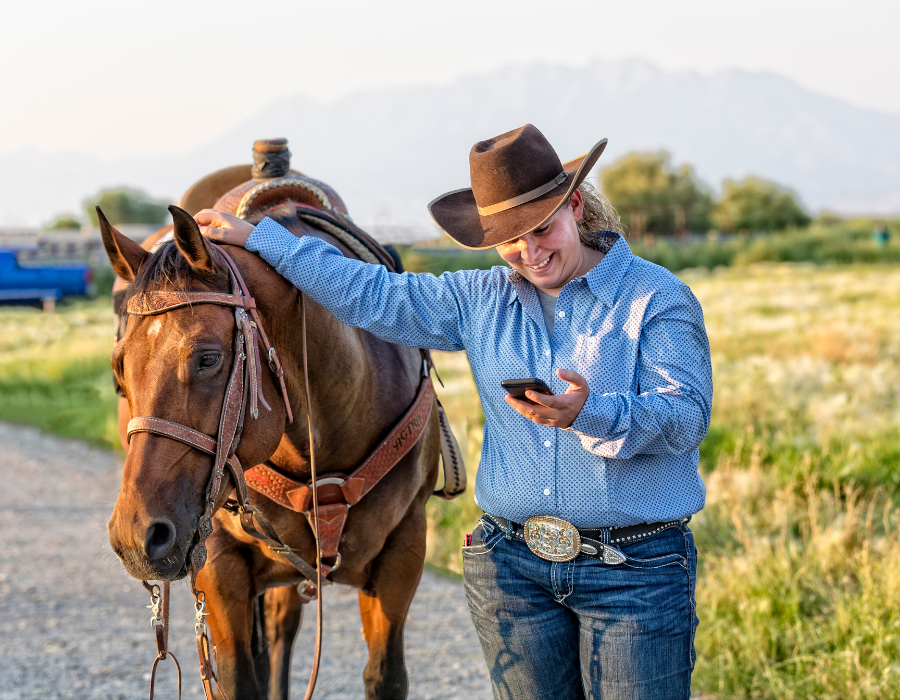Gale v Purcell, 2018 NSSC 319
In Gale v Purcell, the plaintiff claimed damages from pain that arose in a motor vehicle accident. She argued that the accident substantially interfered with her daily activities and employment capability. The Court, partly because of social media evidence, found that the plaintiff did not prove beyond a balance of probabilities that her injuries were more than minor.
On direct examination, the plaintiff testified that as a result of the accident she had no life outside of work, could no longer travel, could no longer go camping, was unable to lift a bottle above her head because of left shoulder pain and that she could no longer drive for long distances due to lower back pain.
To discredit the plaintiff’s credibility, the defendant presented the Court with photographs from the plaintiff’s Facebook page that contradicted her testimony. On cross-examination the plaintiff admitted that she had exaggerated multiple times in her direct examination. One photograph showed her sitting in a lawn chair holding bottles of wine with both of her hands. The plaintiff admitted that the picture was taken at a friend’s trailer, at a campground which she drove to at least three times after her accident. Another photograph showed the plaintiff driving with friends to a concert in Montreal. In addition, the plaintiff admitted she spent time with friends outside of work, travelled to different locations outside of the country, and went camping twice.
Justice Brothers held that because pain is a “subjective experience…the credibility and the reliability of the plaintiff’s subjective reporting is of crucial importance to a determination of cause and extent of injuries.” In light of extent of the plaintiff’s injuries, the plaintiff did not prove that she suffered more than a minor injury as a result of the motor vehicle accident.
Social media is being used as evidence in personal injury cases and you can no longer ignore what your clients post online. Private Footprint is a powerful tool that allows lawyers to quickly view, organize, and make sense of the overwhelming volume of social media content generated by clients. You can easily monitor social activity for each client separately, flag specific posts, and quickly generate detailed reports which document your client’s lives before and after life-altering events.
Contact us today to learn more about Private Footprint and how you can start protecting the value of your files.




































